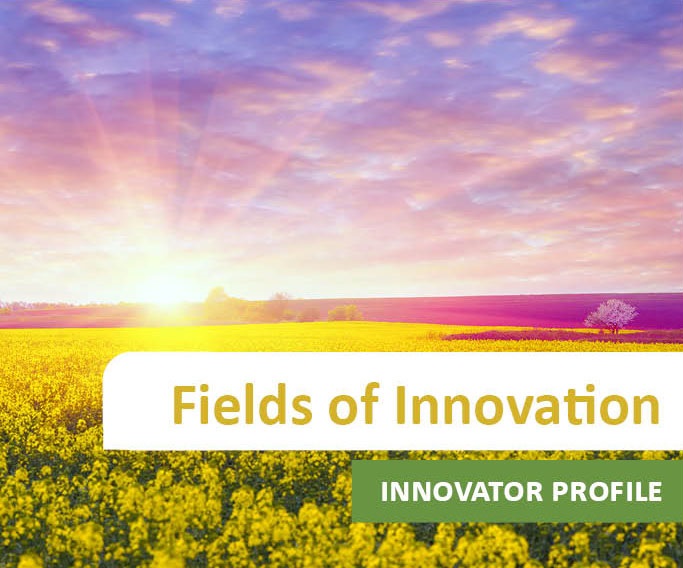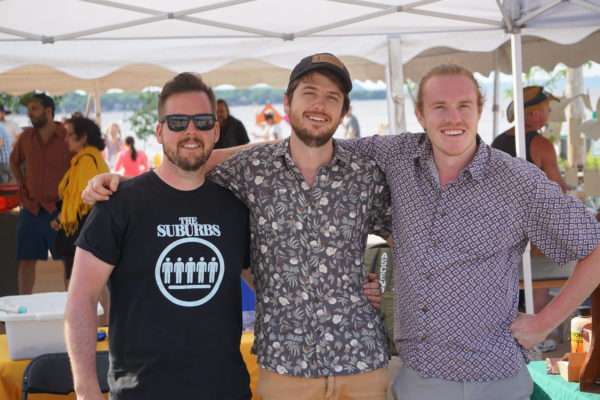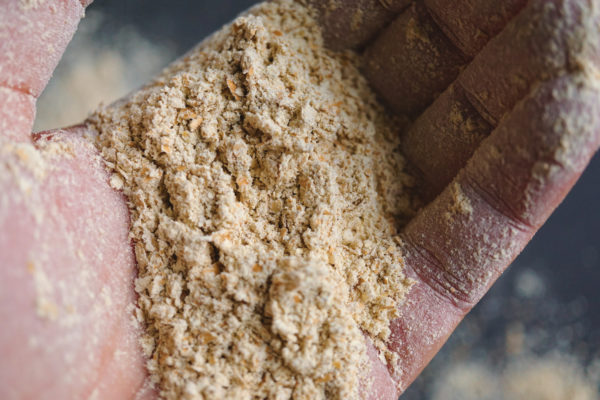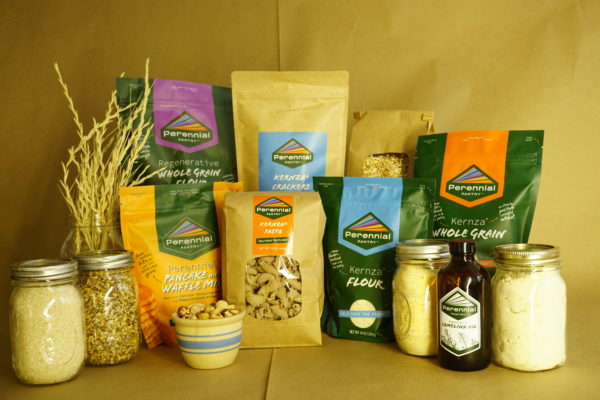AURI Connects: Fields of Innovation Innovator Profiles is a Q&A series with Minnesota entrepreneurs who have partnered with AURI to build capacity and successfully commercialize new crop and livestock opportunities, including new traits for existing crops.
Q&A with Joe Kaplan, Director of Research & Development at Perennial Pantry
AURI: What is your involvement with the Agricultural Utilization Research Institute (AURI)?
JK: AURI has been a valuable resource for Perennial Pantry during the initial stages of product development and research. Sharing findings back and forth greatly accelerates processes and is mutually beneficial. Our nutrition labels came from AURI analysis as well, which is something that would have posed an immense challenge for us to create in-house. It’s great to have a collaborative partner to bounce ideas off of and one that is also committed to our region and our company’s mission.
AURI: For those not familiar, what should people know about your business?
JK: Perennial Pantry’s aim is to help pioneer the development, supply and use of continuous living cover crops. We have the most expertise with Kernza® Perennial Grain; a grain that behaves like wheat in baked goods and has a delicious nutty flavor. Kernza is grown on 2,000 acres in Minnesota, and our company, as well as other industry partners, are making an effort to grow the market and expand to several more acres. Kernza is one crop in an umbrella of perennials and winter annuals that the University of Minnesota is developing to address environmental issues, while still yielding nutritious food. These crops and the way they are farmed, mimic natural ecological systems by providing continuous living cover to the agricultural landscape. Deep, dense roots in the soil year-round halt the massive loss of Midwest topsoil and keep nitrogen fertilizers and other nutrients from running into groundwater. Our business endeavors to bring completely new products to consumers, so we must put consumer education at the forefront, and really prioritize research and development to determine best practices and find the products where our base ingredients shine the brightest.
AURI: What are the challenged presented and opportunities offered?
JK: Challenges include the scope of damaged landscape that needs healing, beginning with watershed regions in the upper Midwest that have a direct impact on every community downstream. Raising enough awareness of the benefits of regenerative crops is one of many puzzles that needs solving in order to provide enough support to the earth. This, however, is also an opportunity to educate those previously unaware of regenerative farming and the use of continuous living cover.
As far as our business is concerned, there are stumbling blocks left and right. Kernza is harder to clean, mill and develop products with compared to wheat. Our awesome farm partners and suppliers are all learning best harvesting practices and are more likely to give us variable quality Kernza compared to wheat. We need to conduct consumer education campaigns about the benefits of perennial agriculture, and we have to face these challenges with a shoestring budget and a small-but-mighty team.
That said, in a world where the genuinely new and promising is so rare, we are proud and inspired to be working in our field. We believe we are at the beginning of what could be a paradigm shift toward agriculture that stewards Minnesota’s precious natural resources as best we can.
AURI: What does success look like for you?
JK: Success for us means building a strong Minnesota company that sells beloved products that highlight perennial crops.
AURI: How do you see your business growing and what are your next steps?
JK: We recently launched a CSA that will provide a number of regenerative and continuous living cover crops in the form of pantry staples to be resupplied monthly, giving true meaning to the name “Perennial Pantry.” Through this launch, and into the future, we will remain transparent with members of our community, encouraging participation and feedback on our products— what they would like to see more of, what they enjoy, etc. In other words, they will have tangible input on the trajectory of our company and will provide an additional foundation for education and outreach. As ingredients and staples are added to the pantry, so to will knowledge through recipes, blog posts, crop information and specific environmental impact. Each household will have the opportunity to discover exactly how what they consume is healing the land from which it came. In short, we see Perennial Pantry growing alongside those whom we are feeding, all in the spirit of our natural ecosystems.
AURI: How can AURI’s readers and supporters purchase your products, connect with your business online and/or help your business thrive?
JK: The best place is our website at perennial-pantry.com. We’re also active on Instagram, Twitter and Facebook. We welcome and questions your feedback you have.
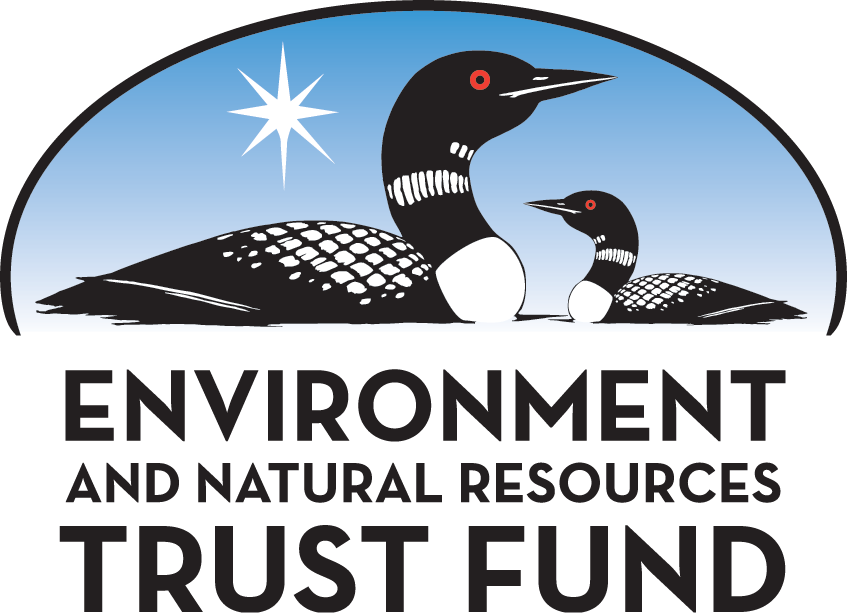 Funding for this project was provided by the Minnesota Environment and Natural Resources Trust Fund as recommended by the Legislative-Citizen Commission on Minnesota Resources (LCCMR).
Funding for this project was provided by the Minnesota Environment and Natural Resources Trust Fund as recommended by the Legislative-Citizen Commission on Minnesota Resources (LCCMR).
